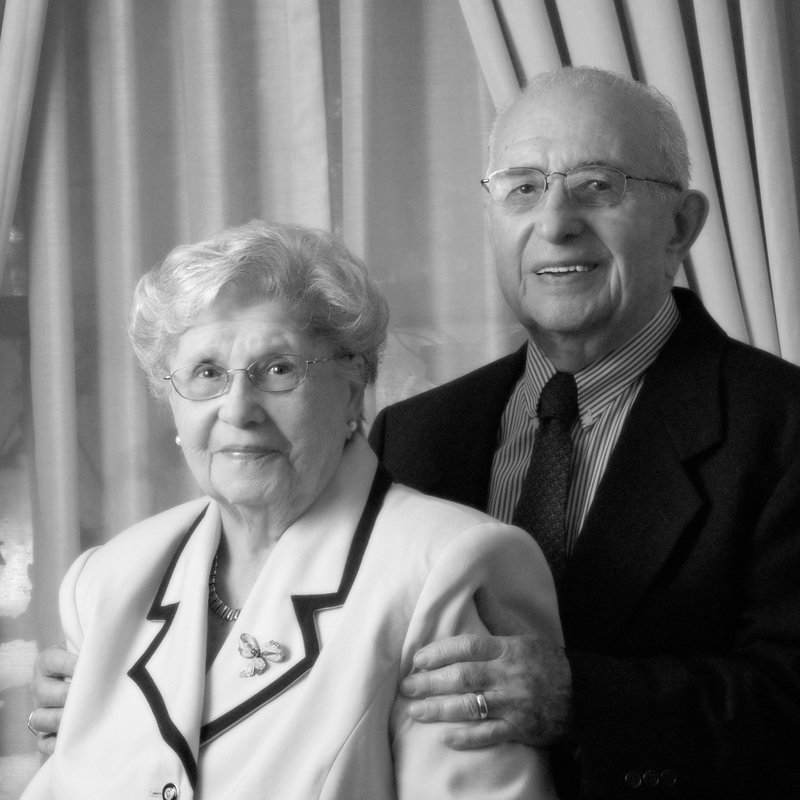
Joseph and Rica went into hiding along with Joseph’s surviving brother Morris. They moved from place to place, hiding in barns and forests to escape Nazi forces. Many of Joseph’s non-Jewish friends helped them survive. Joseph also helped other Jewish families find safe hiding places. One night the family listened as bombs fell around the houses where they were hiding. The next morning they saw that all the surrounding houses had been destroyed. Joseph and Rica felt for the first time that they would survive the war.
After the war Joseph and Rica lived for a short time in Austria, where their daughter Sandra was born in 1945. The Penns walked over the Alps into Italy and settled in the city of Cremona. Joseph taught in the Jewish Association for the Promotion of Skilled Trades (ORT) vocational school and Rica taught Hebrew lessons. In 1950 the Paine family sponsored the Penns’ immigration to the United States where their son Jeffrey was born in 1955.
Joseph and Rica survived the nightmare of World War II and went on to make a wonderful life for themselves and their children in Houston. At the time of Rica’s death in 2011, she and Joseph had been married for 72 years. They were fortunate to have five grandchildren and five great-grandchildren. Joseph and Rica live on through their family.